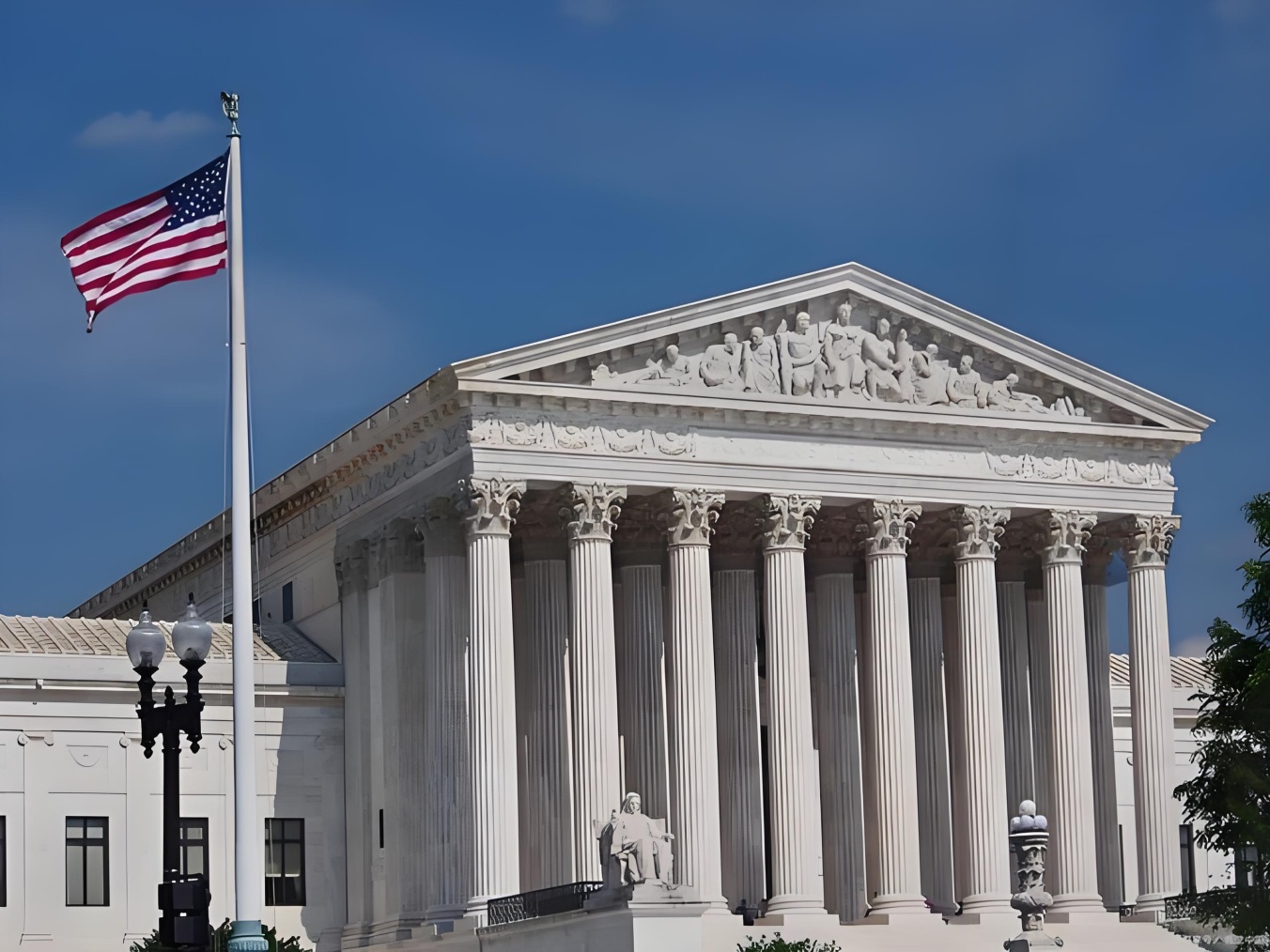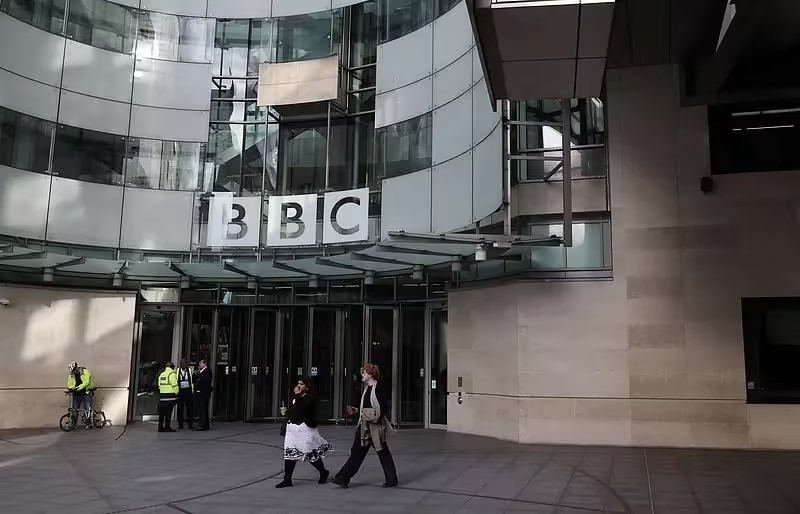
On the local time of May 29, the US Court of Appeals for the Federal Circuit approved the request of the Trump administration, temporarily suspending the ruling made by the US Court of International Trade that previously prohibited the implementation of the executive order by which the Trump administration imposed tariffs on multiple countries based on the International Emergency Economic Powers Act (IEEPA). This ruling has drawn widespread attention in the international trade arena and has once again made the future of the Trump administration's tariff policy highly uncertain.
The Court of Appeals for the Federal Circuit clearly stated in its ruling that the request of the US government had been approved. During the period when the court reviews the relevant motion documents, the judgments and permanent injunctions made by the US Court of International Trade in these cases will be temporarily suspended until further notice. This means that the tariff policy previously implemented by the Trump administration will be reinstated in the short term.
Previously, the Trump administration faced significant challenges from the judicial system. On May 28, the US Court of International Trade in New York ruled that the executive order issued by the US government to impose tariffs on multiple countries under the IEEPA was an overreach of power, deeming the executive order illegal and prohibiting its implementation. The ruling of the US Court of International Trade pointed out that the US President has no authority to impose comprehensive tariffs on almost all trading partners. It also held that the US Congress's grant of "unrestricted tariff power" to the President violates the Constitution. The Congress has set limits in the IEEPA to restrict when and how the President can impose tariffs. The ruling also gave the US government 10 days to complete the process of halting the tariff increases.
Facing this unfavorable ruling, the Trump administration took immediate action. The Trump administration earlier informed the Court of Appeals for the Federal Circuit that if the ruling prohibiting the implementation of the tariffs could not be suspended promptly, the government would seek emergency assistance from the Supreme Court as early as May 30. Evidently, the Trump administration attaches great importance to the implementation of the tariff policy and is attempting to maintain its tariff policy through various legal means.
Earlier on May 29, the US District Court for the District of Columbia in Washington, D.C. upheld the previous ruling of the US Court of International Trade, blocking the Trump administration's tariff policy and ruling to suspend the implementation of its tariff order for 14 days. It is reported that this lawsuit was filed by two toy companies. However, the "preliminary injunction" issued by the court currently only applies to these two companies.
According to reports from Bloomberg, this ruling by the US Court of International Trade is one of the biggest judicial setbacks faced by the Trump administration during its current term. The Associated Press pointed out that this ruling amounts to a complete negation of the legal basis for some of the most iconic and controversial actions taken by Trump during his second term. From the current situation, the decision of the US Court of Appeals for the Federal Circuit to temporarily restore the tariff policy is only a preliminary result in this legal battle. In the future, with the further review of the relevant motion documents and the possible appeal to the Supreme Court and other procedures, the ultimate fate of the Trump administration's tariff policy remains to be seen. This not only concerns the interests of US domestic enterprises and consumers but also has a significant impact on the global trade pattern. All parties related to international trade are closely monitoring the subsequent development of this event.

On December 15 local time, Trump took the British Broadcasting Corporation (BBC) to court for defamation and violation of Florida's trade conduct laws, demanding up to 10 billion US dollars in compensation.
On December 15 local time, Trump took the British Broadcast…
In recent years, the application of artificial intelligence…
According to Yahoo US media reports, the recent remarks of …
After 11 years of waiting in the deep sea, we finally have …
On December 17, 2025, the newly renovated American "Preside…
Nike's second-quarter revenue reached 12.4 billion US dolla…